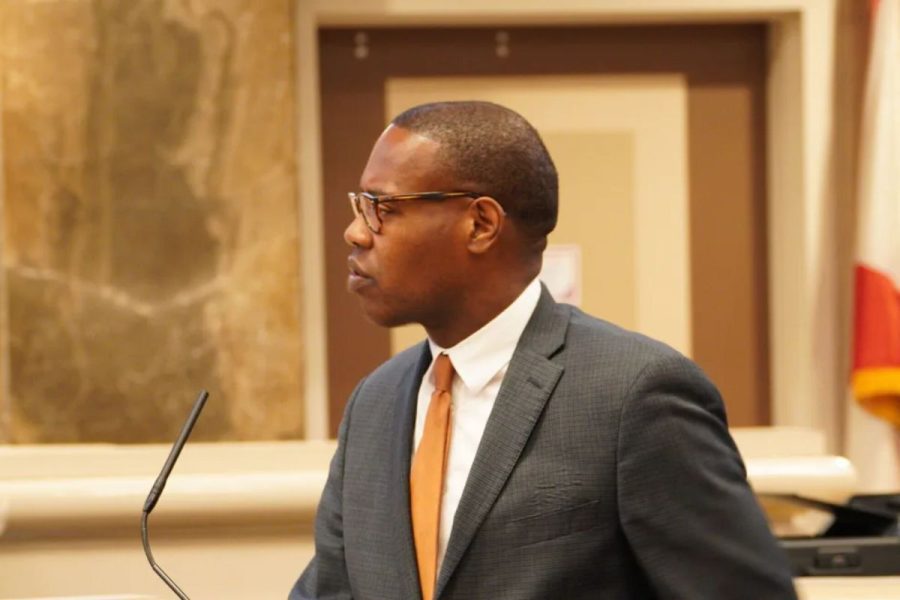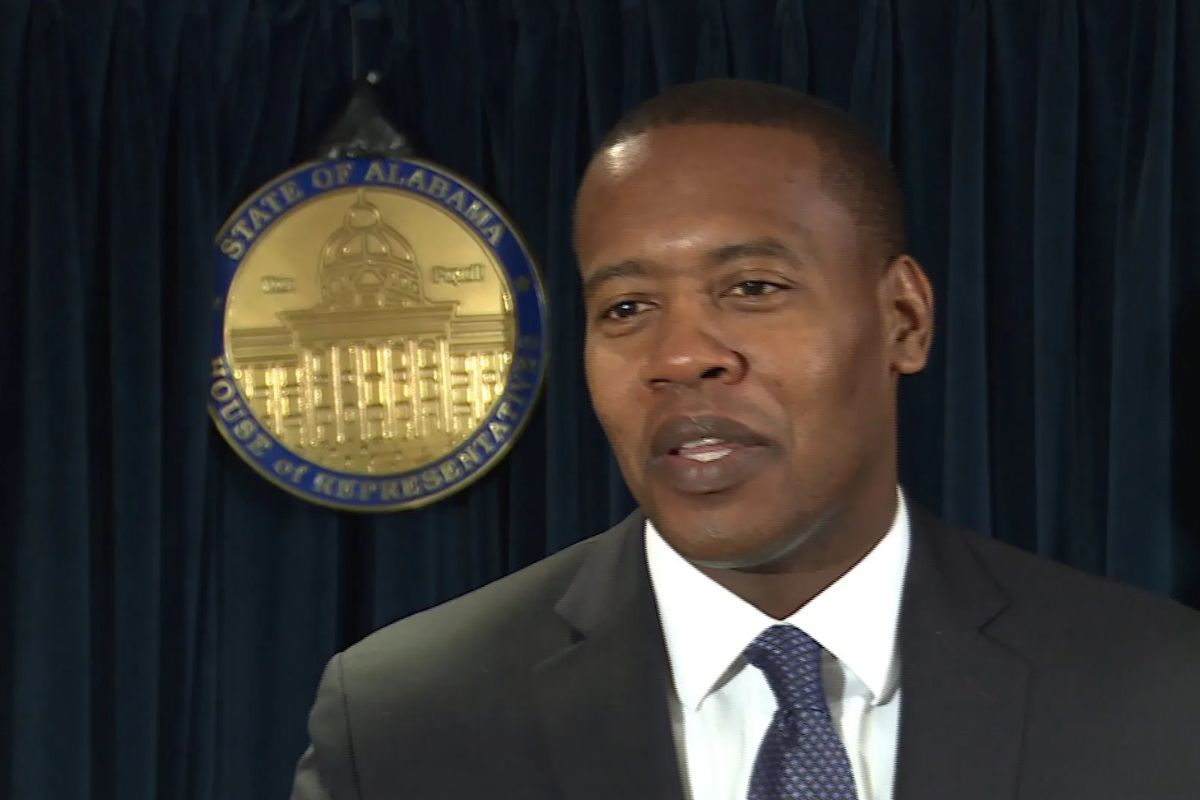Anthony Daniels Controversial Bill Challenges: Alabama House Minority Leader Anthony Daniels’ bold move to challenge the definition of an ‘unborn child’ in a new bill has sparked intense debate and speculation within legislative circles.
The proposed legislation raises crucial questions about the legal and ethical considerations surrounding reproductive rights and the status of fetuses.
As the bill unfolds, it is sure to ignite further discussion on the complex intersection of politics, morality, and healthcare, leaving many stakeholders eager to see how this contentious issue will be resolved.
Alabama House Minority Leader Proposes Bill Amidst Controversial Supreme Court
Alabama House Minority Leader Anthony Daniels has introduced a bill in response to the contentious Alabama Supreme Court ruling that redefined frozen human embryos as ‘children’ within the state’s legal framework, sparking widespread debate and repercussions. Daniels’ proposed legislation aims to address the confusion and implications stemming from the court’s decision, which has raised complex ethical and legal questions.
The bill put forward by Daniels reflects a crucial effort to provide clarity and guidance on how frozen embryos should be legally categorized and protected in Alabama. By challenging the notion of categorizing these embryos as ‘children,’ Daniels is seeking to ensure that the rights and status of such entities are defined in a manner that aligns with the broader legal understanding of personhood and reproductive rights.
This legislative response underscores the gravity of the situation and the need for a comprehensive framework that considers the intricate nature of reproductive technologies and the rights of individuals involved in the process. Daniels’ proactive approach signifies a commitment to addressing this challenging issue and navigating the delicate balance between legal definitions and ethical considerations.
Legislative Response and Confusion
Amidst the aftermath of the contentious Alabama Supreme Court ruling redefining frozen human embryos as ‘children,’ the legislative response has been propelled by the urgent need for clarity and deeper discussions surrounding the implications of this decision. Anthony Daniels, recognizing the confusion that has ensued among families and stakeholders, introduced a bill aimed at addressing the fallout and emphasizing the necessity of a legislative pause. This move signifies a crucial step towards providing much-needed guidance and establishing a framework for understanding the legal status of frozen embryos.
The introduction of this bill underscores the complexity of the issue at hand and the importance of legislative intervention in clarifying the blurred lines resulting from the court’s ruling. By initiating discussions at the legislative level, Daniels seeks to navigate the uncertainty and ambiguity that currently surrounds the classification of frozen embryos. The urgency of the situation is evident, with families and individuals eagerly awaiting a resolution that offers both legal clarity and ethical considerations in the realm of reproductive rights and the status of unborn children.

ALSO READ: GOP Faces Concerns as IVF Services Face Restrictions in Alabama
Concerns and Impact Beyond Legislation
Exposing the far-reaching ramifications of the recent Alabama Supreme Court ruling on frozen human embryos, the concerns and impact transcend mere legislative implications, reverberating through various sectors including healthcare and fertility services. The decision has sparked concerns from the American Cancer Society, emphasizing potential harm to families of cancer patients who rely on in vitro fertilization (IVF) to preserve their fertility before undergoing treatments that may affect their reproductive capabilities.
Furthermore, the decision has led to a significant pause in fertility treatments by prominent institutions like UAB, Alabama Fertility Services, and Infirmary Health, exacerbating the already existing challenges in accessing fertility services. This ripple effect underscores the complex interplay between legal decisions and real-world consequences, highlighting the need for a nuanced approach that considers the multifaceted impacts on individuals and healthcare providers.
| Concerns and Impacts Beyond Legislation | |
|---|---|
| Potential harm to families of cancer patients relying on IVF | Pause in fertility treatments by major healthcare institutions |
| Challenges in accessing fertility services | Real-world consequences of legal decisions |
Political Landscape and Future Debates
Analyzing the current political landscape surrounding the contentious debate over the definition of ‘unborn child’ reveals a complex web of legal, ethical, and societal considerations that demand thorough examination and deliberation. As this issue continues to unfold, several key points emerge for consideration:
- Legislative Response: Lawmakers face the challenge of drafting legislation that accurately reflects societal values while balancing individual rights and medical advancements.
- Public Engagement: The importance of engaging the public in discussions about reproductive rights and the legal status of embryos is crucial for fostering informed decision-making.
- Potential Legal Ramifications: The reclassification of human embryos as unborn children raises concerns about the unintended consequences, including criminal charges against IVF clinic workers.
- Ethical Dilemmas: Ethical considerations surrounding the beginning of life, personhood, and reproductive technologies must be carefully weighed in the legislative process.
- Future Debates: The ongoing debate is likely to spark further discussions on women’s rights, healthcare access, and the intersection of law and morality in the realm of reproductive rights.
News in Brief
Alabama House Minority Leader Anthony Daniels has introduced a bill challenging the definition of an ‘unborn child’ in response to the recent Alabama Supreme Court ruling classifying frozen human embryos as ‘children.’ The proposed legislation complex legal and ethical considerations surrounding reproductive rights. Daniels aims to provide clarity and guidance on categorizing frozen embryos, challenging their classification as ‘children.’ The move reflects a commitment to navigating the intricate intersection of legal definitions and ethical considerations in reproductive technologies. The contentious issue is expected to fuel further debate on the evolving landscape of reproductive rights, politics, and healthcare in Alabama.

